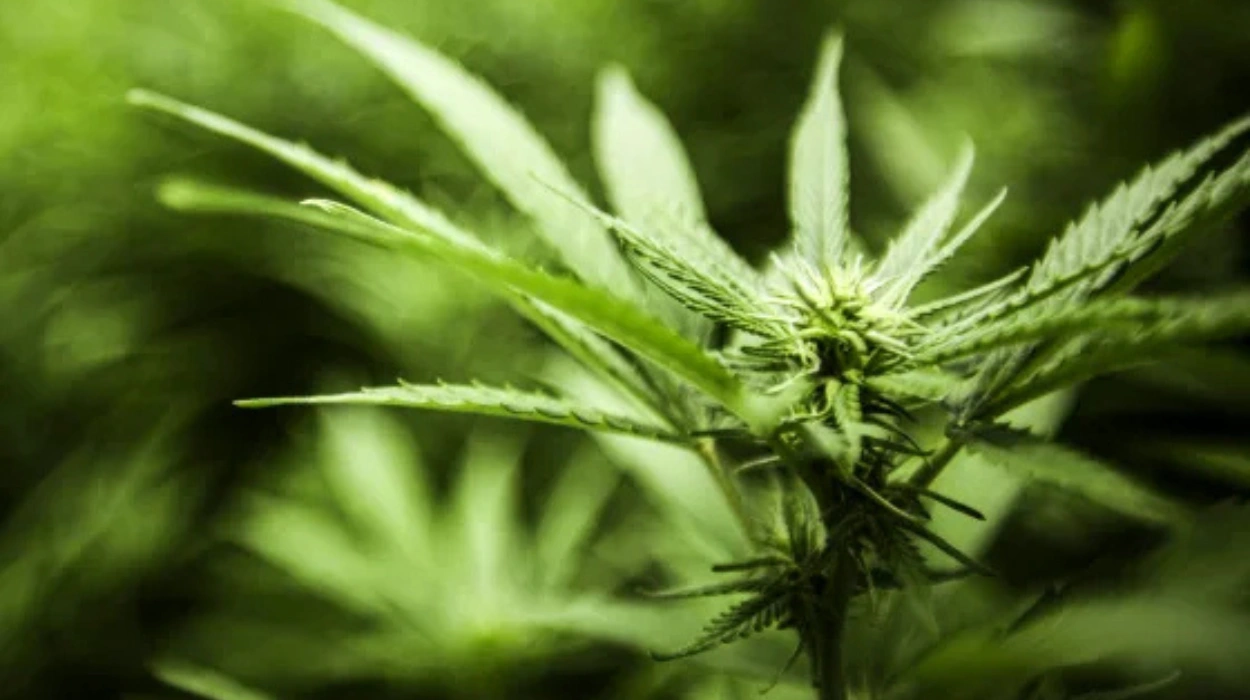USA (Transatlantic Today) —In a historic shift, the Biden administration is preparing to reclassify marijuana from a Schedule I to a Schedule III controlled substance, sources revealed. The reclassification acknowledges cannabis’s medical potential and aims to reduce federal restrictions on its use and research.
What the Reclassification Means
Currently grouped with drugs like heroin and LSD under Schedule I, marijuana’s reclassification to Schedule III would place it alongside substances like Tylenol with codeine and anabolic steroids. This change:
- Allows for expanded medical research into cannabis’s benefits.
- Reduces tax burdens for the $34 billion cannabis industry by eliminating IRS Code Section 280E restrictions.
- Paves the way for pharmaceutical companies to participate in medical cannabis markets.
Attorney General Merrick Garland submitted the rescheduling proposal, which will undergo a 60-day public comment period before final approval.
Broader Implications
Reclassification could weaken the black market by enhancing the viability of legal markets. It also aligns with growing public support; nearly 60% of Americans favor marijuana legalization for medical and recreational use, according to Pew Research.
Congressional and Industry Reactions
The move has been met with both praise and skepticism:
Support:
Senate Majority Leader Chuck Schumer called it a “long overdue” acknowledgment of science and public opinion.
Criticism:
Opponents, like Kevin Sabet of Smart Approaches to Marijuana, warn of increased advertising targeting youth and concerns over high-potency cannabis.
Lawmakers are also pushing additional reforms, such as the SAFER Banking Act to improve financial access for cannabis businesses and bills to expunge criminal records for nonviolent cannabis offenses.
The Road Ahead
Despite bipartisan support, challenges remain. Public comment periods, potential Congressional reviews, and debates over complete cannabis legalization will shape the final outcome. Still, this reclassification marks a significant milestone in the evolving landscape of cannabis policy in the United States.
Sen. Cory Booker emphasized, “We still have a long way to go,” urging Congress to address lingering issues like federal legalization and economic justice for communities disproportionately impacted by the war on drugs.


























